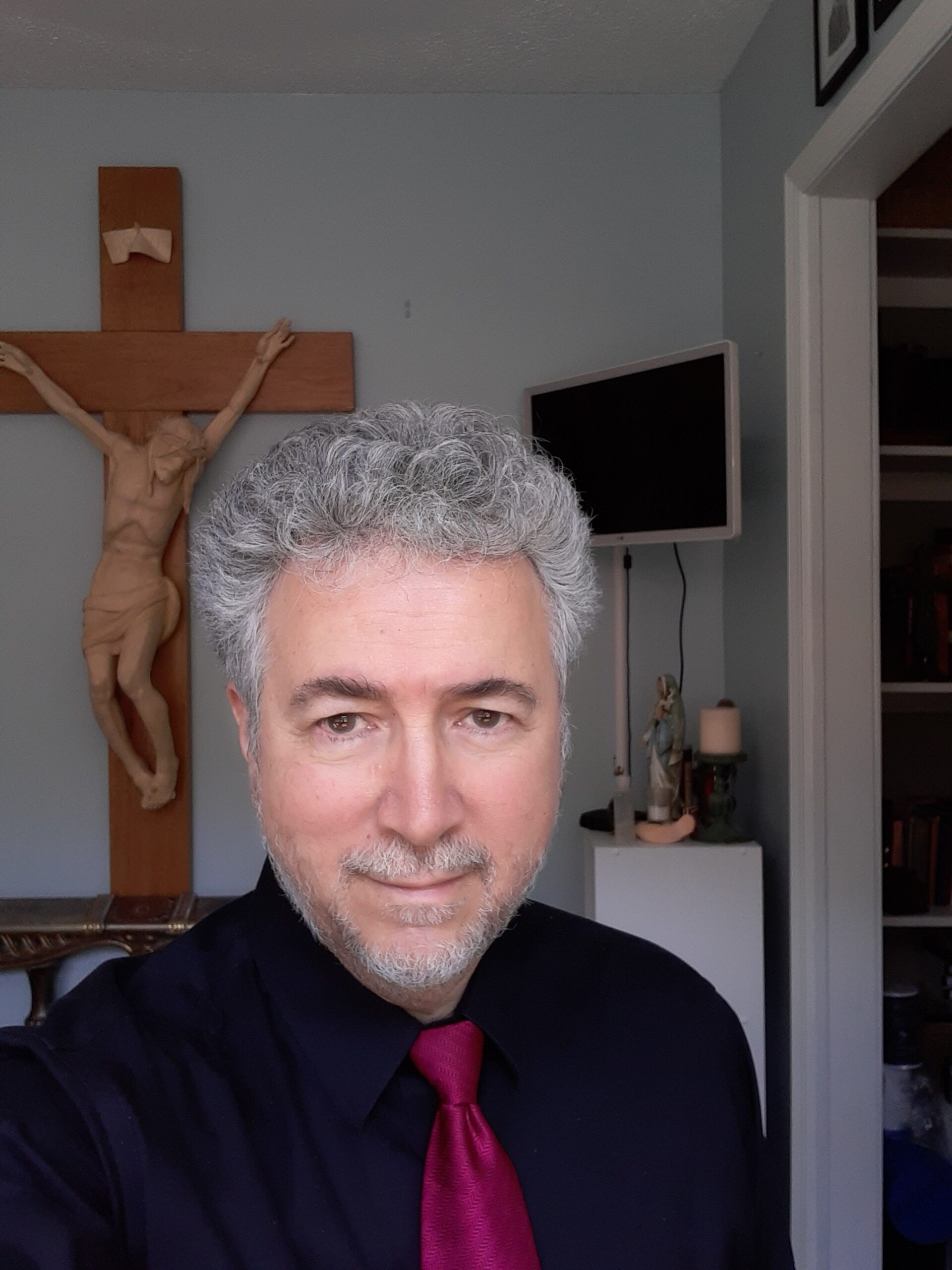We all sense it. All you have to do is turn on CNN or MSNBC for 20 seconds on any given night to see it. It’s a fascinating phenomenon that has gripped Western society for several decades: Half the population thinks the other half sees everything upside-down and inside-out. Put another way, today’s world is split on how to interpret the very basics of reality, and it goes far beyond normal cultural and political differences.
How can this be? After all, we share a common human nature endowed with intellect and five senses. What is the cause of this unparalleled anomaly of mind inevitably resulting in the current culture war?
The Cause
Two psychological orientations dominant today stem from two fundamentally different presuppositions – which act as lenses through which people see the world. Boiled down, we are talking about the stark difference between a theist and a non-theist view of reality. Conclusions drawn from these two premises will differ radically across the spectrum of natural law.
Each camp interprets basic concepts, such as freedom, justice, love, and life differently. Each claims the other is utterly irrational and holds moral values that are unacceptable. And there is no middle ground. For example, either abortion is the right of every woman to maintain bodily autonomy or it is the murder of an innocent human being. Either sodomy is an expression of love or a dehumanizing violation of human nature. Either people can change their sex at will by calling it ‘gender’, or sex and gender are an inseparable and immutable component of our genetic and chromosomal selves.
Beyond Politics
Left-right, liberal-conservative culture war terminology is usually employed when identifying this phenomenon. However, underneath it all this is a spiritual war between two fundamental premises about faith that goes beyond politics: theism and non-theism. This war pits a God-centered universe against a man-centered one. The theist presupposition has been the norm for several millennia, offering a somewhat clear vision of who we are as moral beings in the cosmos. Yet, in recent decades this has flipped.
The Difference
On one level this makes sense. If one’s psyche and conscience are formed around the fundamental presumption of agnosticism or atheism, no objective meaning or purpose will be found in anything. Truth and goodness become subjective concepts used to create one’s own reality and morality – either individually or collectively as a society – and to redefine it at will.
On the other hand, if one’s orientation begins with a recognition that God is the eternal moral intelligence and ground of all being who created the universe out of nothing, one will recognize an objective order and purpose to life. It means we don’t create reality and morality; rather, we discover it, and conform ourselves to it in order to be happy.
This is a question of ultimate authority and self-understanding: Either we recognize a transcendent authority whose perfect will is goodness and truth, or we presume that human nature and its fulfillment are products of our own making.
The most obvious example of the moral dichotomy caused by these two contrary orientations can be found in the fruits of the sexual revolution. One side sees it as a revolution against God and the sixth commandment.. The other side sees it as freedom, despite the divorce and abortion culture it created.
Atheist philosophers of the past, such as Hobbes and Nietzsche, have rightly feared that a non-theist worldview would result in chaos and brutality. They saw the logical consequence of reasoned doctrine being replaced by dictums of sentiment, passion, and power. Consequently, those who don’t follow the secular doctrines become branded as ‘haters’ and ‘fear-mongers’. It’s no coincidence that post-Christian terminology includes words that end in -ist and –phobic, such as sexist, racist, homophobic and transphobic.
Despite the philosophical problems associated with the non-theist worldview, as illustrated in countless social science studies, many adherents follow the rationale of their psychological orientation and simply act as gods to create meaning to fit the data.
New Spiritual Conflict
Indeed, some things in a fallen world never change. Ancient pagan societies were separated by deities they believed in, each providing a unique worldview and national identity. After Christianity swept through the world, however, polytheism all but disappeared. Yet, non-theists of today have in effect transferred the old notion of a pantheon of gods to themselves, creating the new rivalry between Christ and anti-Christ
Keep in mind, some people who call themselves religious live existentially in the realm of non-theism while agnostics who genuinely seek truth unwittingly adopt a theist worldview. Nonetheless, today’s spiritual conflict has become a clash between two psychological orientations that exist due to the fundamental choice about God. Between these, there is no room for compromise, especially on the basic tenets of what it means to be human.
